What Unhealthy Food Can You Eat If You Have High Cholesterol
Managing high cholesterol through diet can often feel like navigating a minefield, with numerous restrictions and a constant fear of indulging in the wrong foods. However, the journey towards a heart-healthy diet doesn't have to be bland or joyless. In fact, many delicious and satisfying foods can be enjoyed even if you're watching your cholesterol levels. This article will explore 9 surprisingly tasty options that not only align with heart-healthy guidelines but also add variety and flavor to your meals. Each section will delve into the nutritional benefits and creative ways to incorporate these foods into your diet, proving that eating well can be both delightful and health-conscious.
1. Avocados: The Creamy Heart-Helper
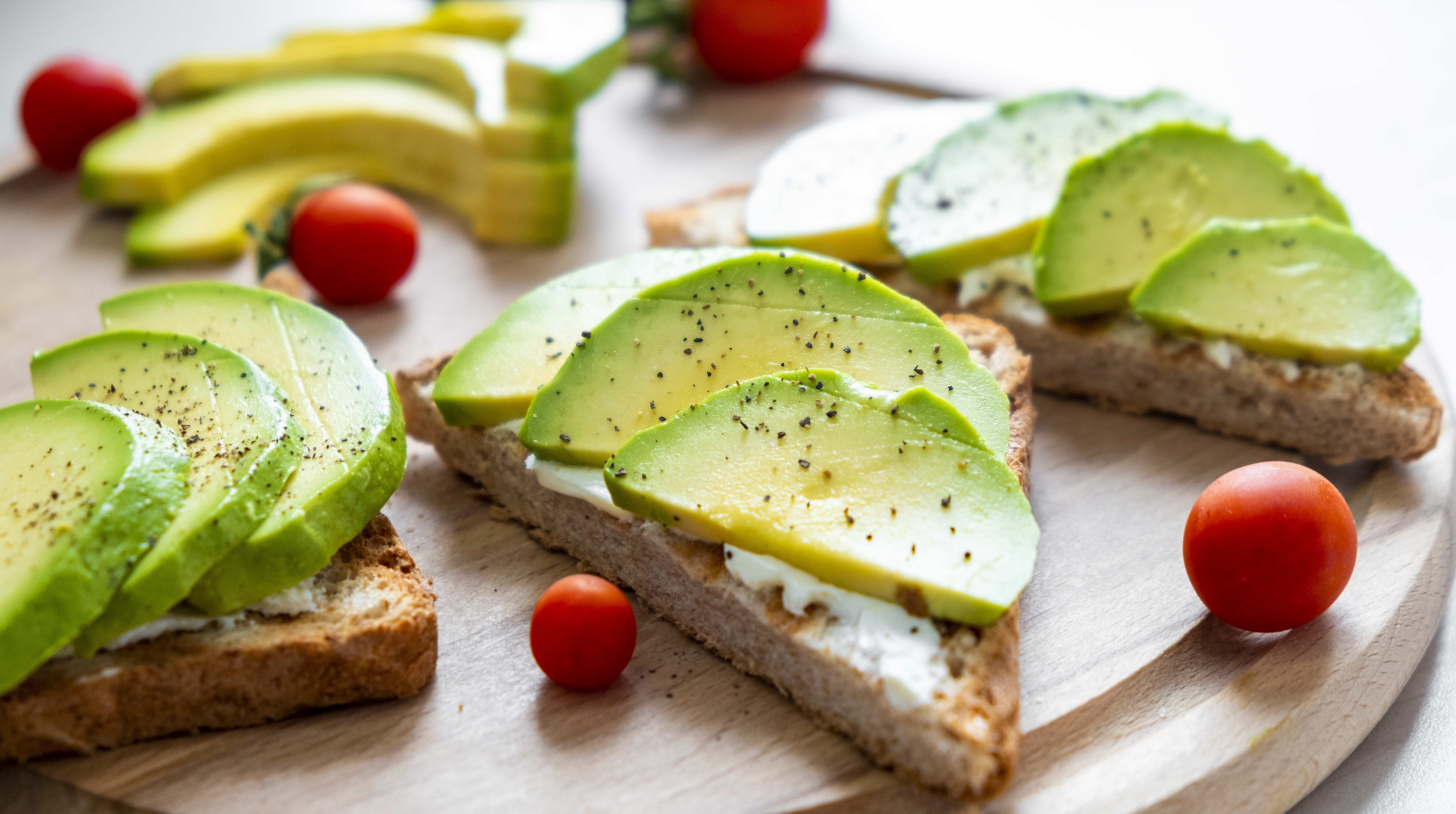
Avocados are often misunderstood, primarily because they are high in fat. However, they are rich in monounsaturated fats, which can help reduce bad cholesterol levels and increase good cholesterol. These creamy fruits are also packed with fiber, vitamins, and minerals, making them a heart-friendly choice. You can enjoy avocados in numerous ways: as a spread on whole-grain toast, blended into a smoothie, or as a topping for salads and soups. Their versatility and luscious texture make them an excellent addition to any meal, providing both taste and health benefits.
2. Nuts: Crunchy Nutrient Powerhouses
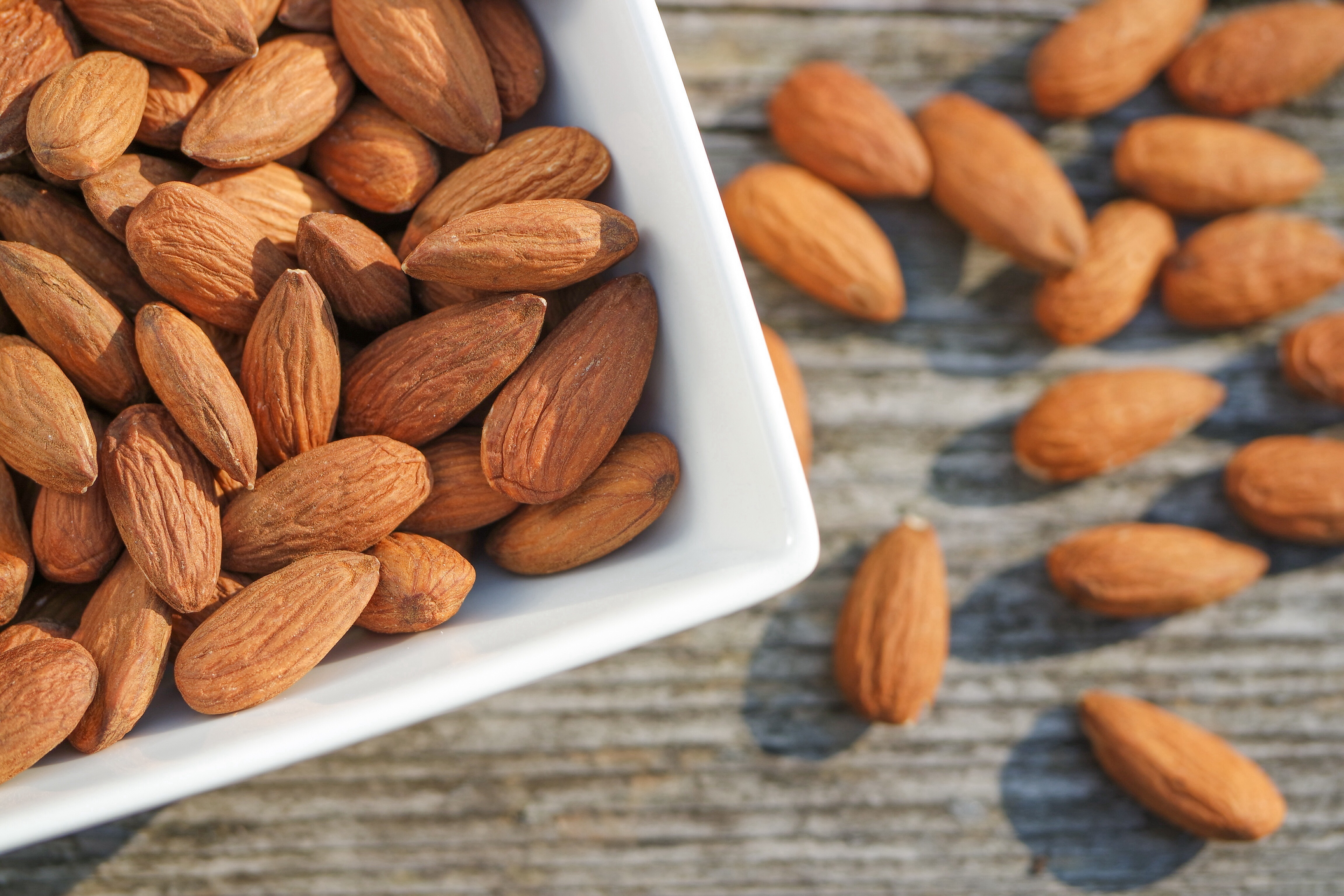
Nuts, such as almonds, walnuts, and pistachios, are excellent snacks for those managing cholesterol levels. They contain unsaturated fats, omega-3 fatty acids, and fiber, all of which contribute to heart health. Studies have shown that consuming a handful of nuts daily can significantly lower LDL cholesterol. The key is to eat them in moderation, as they are calorie-dense. Sprinkle them over yogurt, add them to oatmeal, or simply enjoy them raw for a satisfying and heart-healthy snack. Their crunchy texture and rich flavors make them a delightful addition to any diet.
3. Oats: The Fiber-Rich Cholesterol Fighter
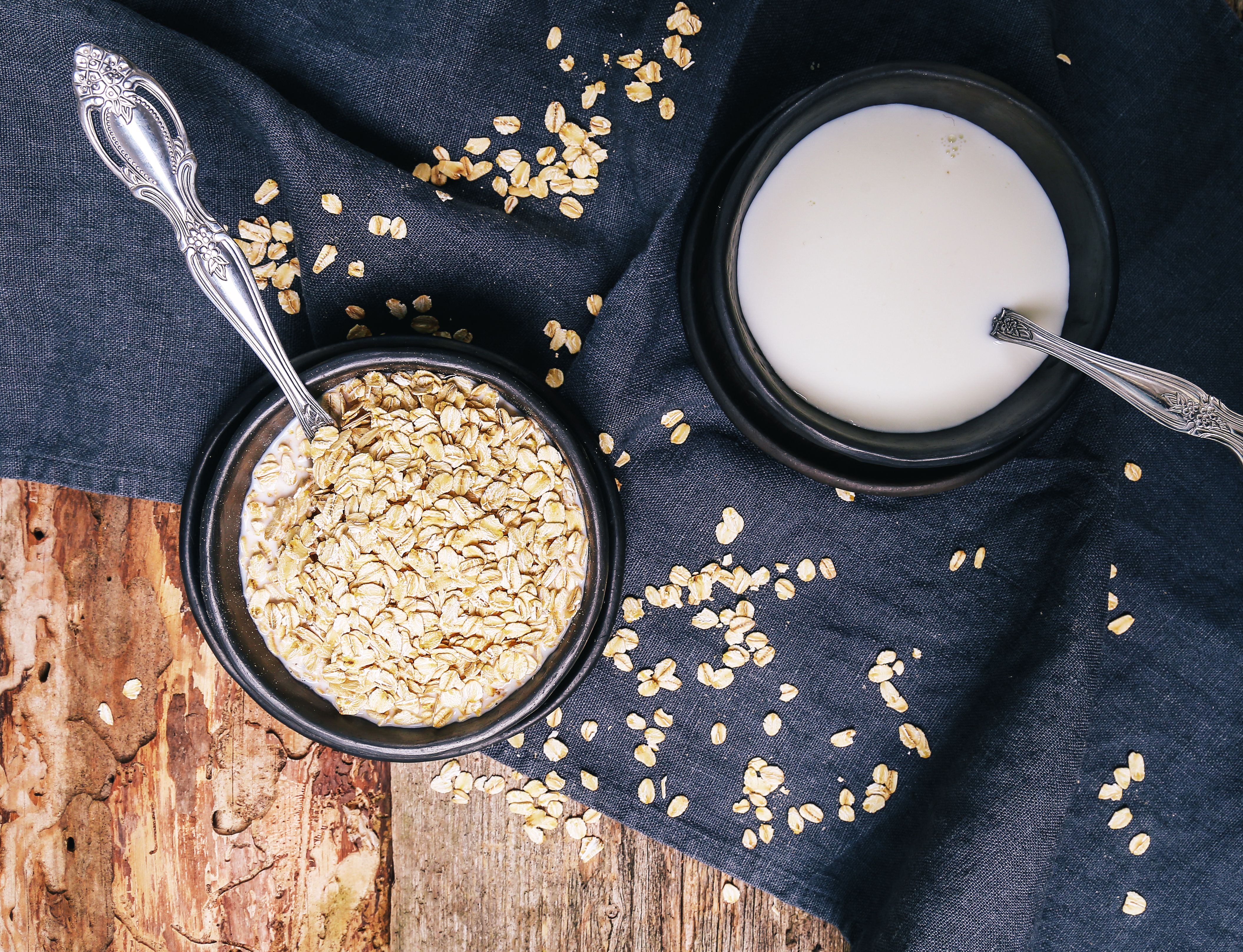
Oats are renowned for their cholesterol-lowering properties, thanks to their high content of soluble fiber, particularly beta-glucan. This fiber helps reduce the absorption of cholesterol into the bloodstream. Starting your day with a bowl of oatmeal or adding oats to smoothies and baked goods can be an effective strategy for managing cholesterol. Beyond their health benefits, oats are incredibly versatile. You can make them sweet or savory, and they pair well with a variety of toppings, from fresh fruits to nuts and spices, ensuring a delicious start to your day.
4. Fatty Fish: Omega-3 Rich Delicacies
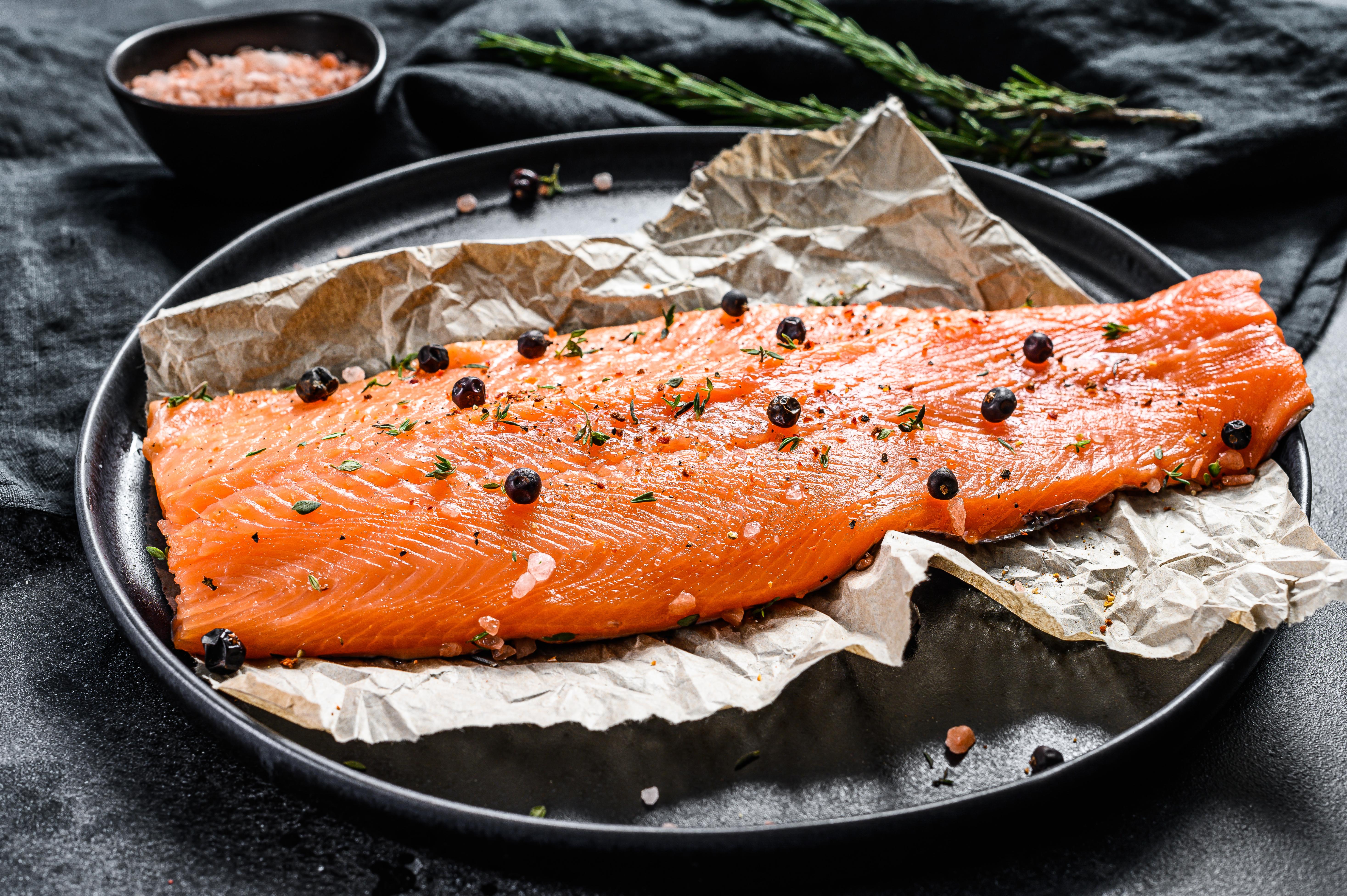
Fatty fish such as salmon, mackerel, and sardines are excellent sources of omega-3 fatty acids, which have been shown to lower triglycerides and reduce the risk of heart disease. These fish are not only heart-healthy but also incredibly flavorful and versatile. Grilled, baked, or poached, they can be the star of any meal. Pair them with a side of vegetables or a fresh salad for a balanced and nutritious dish. Including fatty fish in your diet a few times a week can significantly impact your cholesterol levels and overall heart health.
5. Legumes: The Versatile Plant Protein
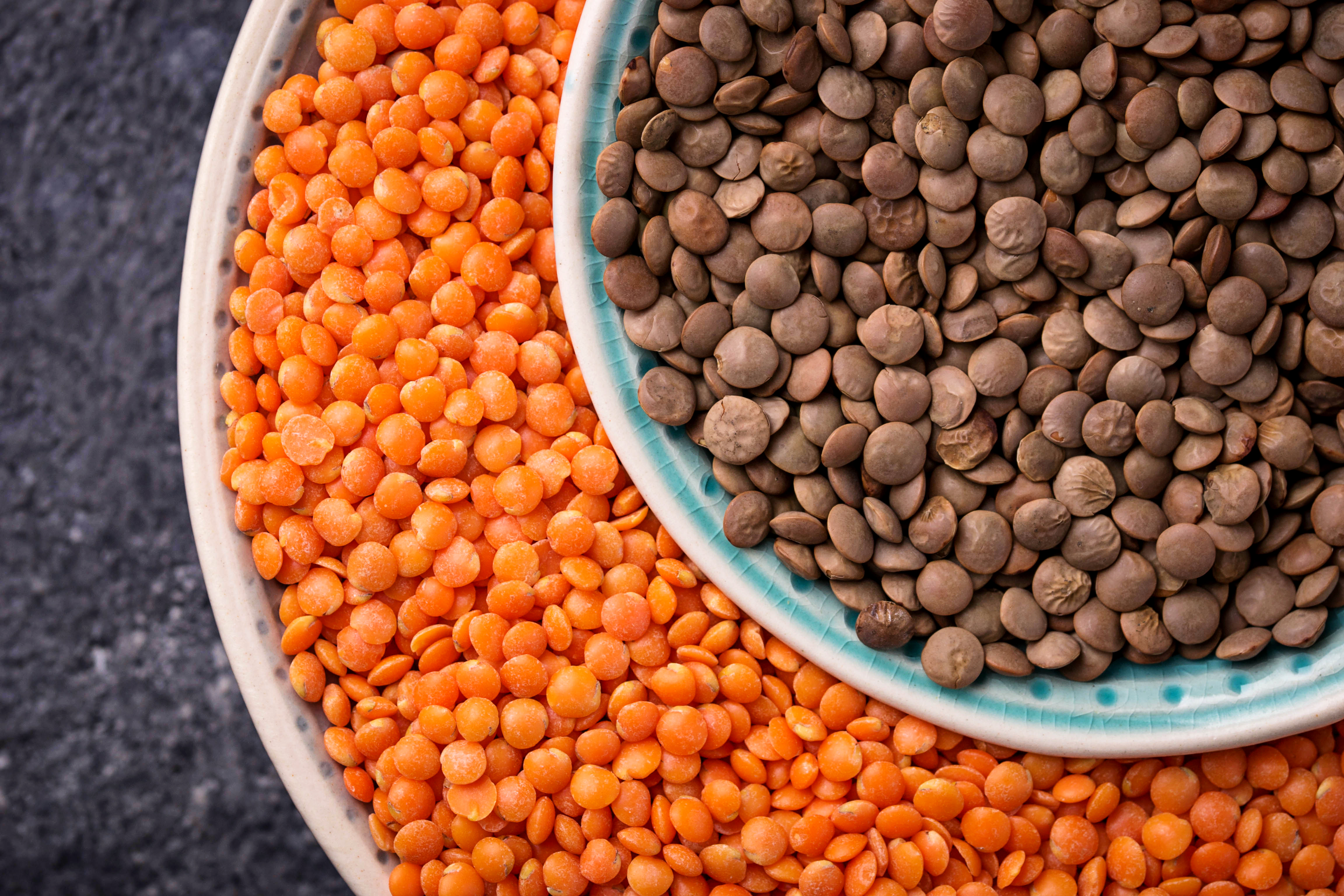
Legumes, including lentils, chickpeas, and beans, are a fantastic source of plant-based protein and fiber, both of which are beneficial for heart health. They help lower cholesterol levels and are a great alternative to meat. Legumes are incredibly versatile and can be used in a variety of dishes, from soups and stews to salads and dips. Their ability to absorb flavors makes them a delightful addition to many cuisines. Incorporating legumes into your diet not only supports heart health but also adds diversity and depth to your meals.
6. Dark Chocolate: The Sweet Surprise
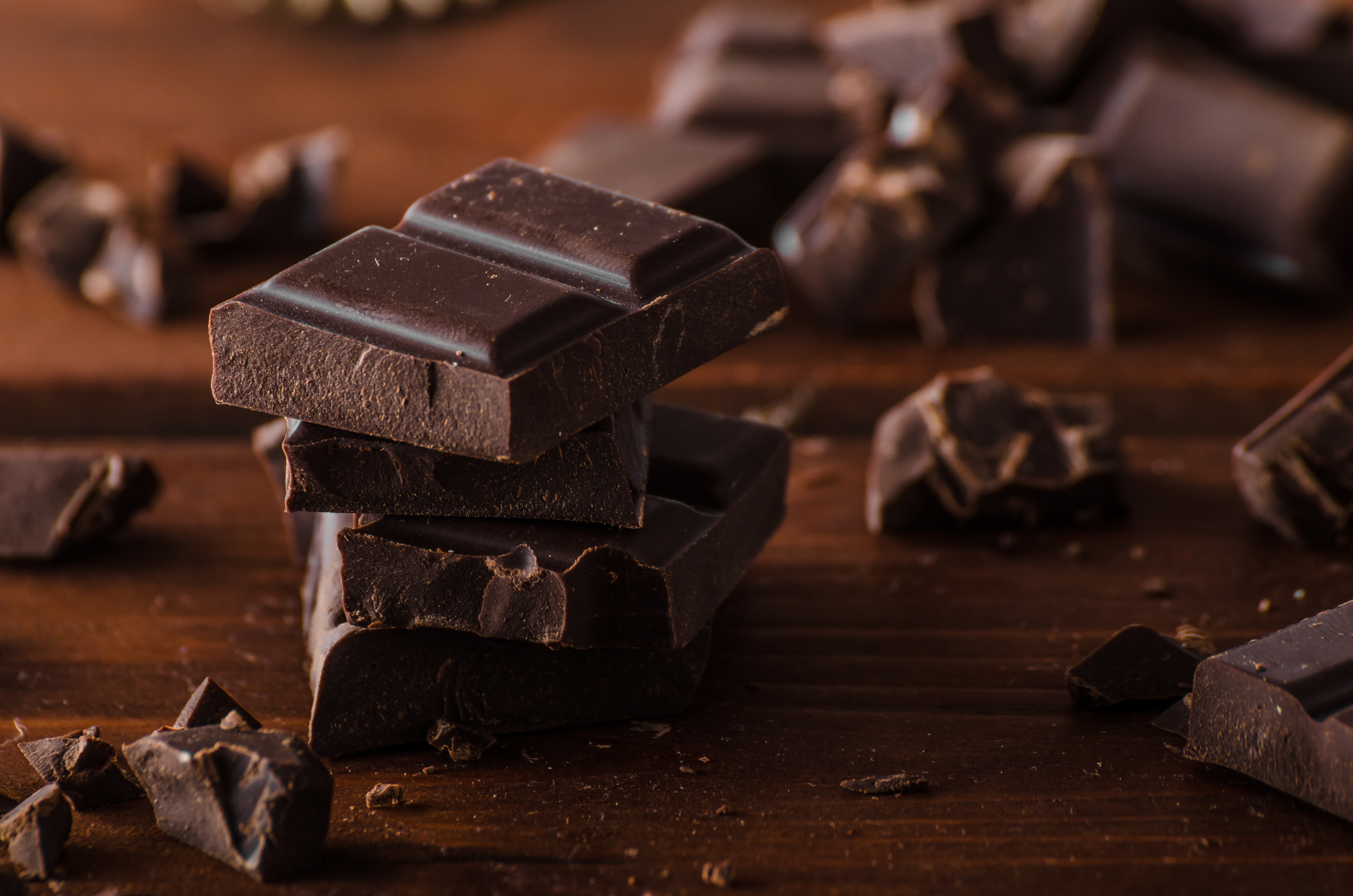
Dark chocolate, when consumed in moderation, can be a heart-healthy treat. It contains flavonoids, which are antioxidants that help improve heart health by lowering blood pressure and reducing inflammation. Aim for chocolate with at least 70% cocoa content to maximize these benefits. Enjoy a small piece as a dessert, or add a bit of dark chocolate to your morning oatmeal or smoothie for a touch of indulgence. Its rich, complex flavor can satisfy your sweet tooth while contributing positively to your cholesterol management efforts.
7. Berries: Antioxidant-Rich Gems
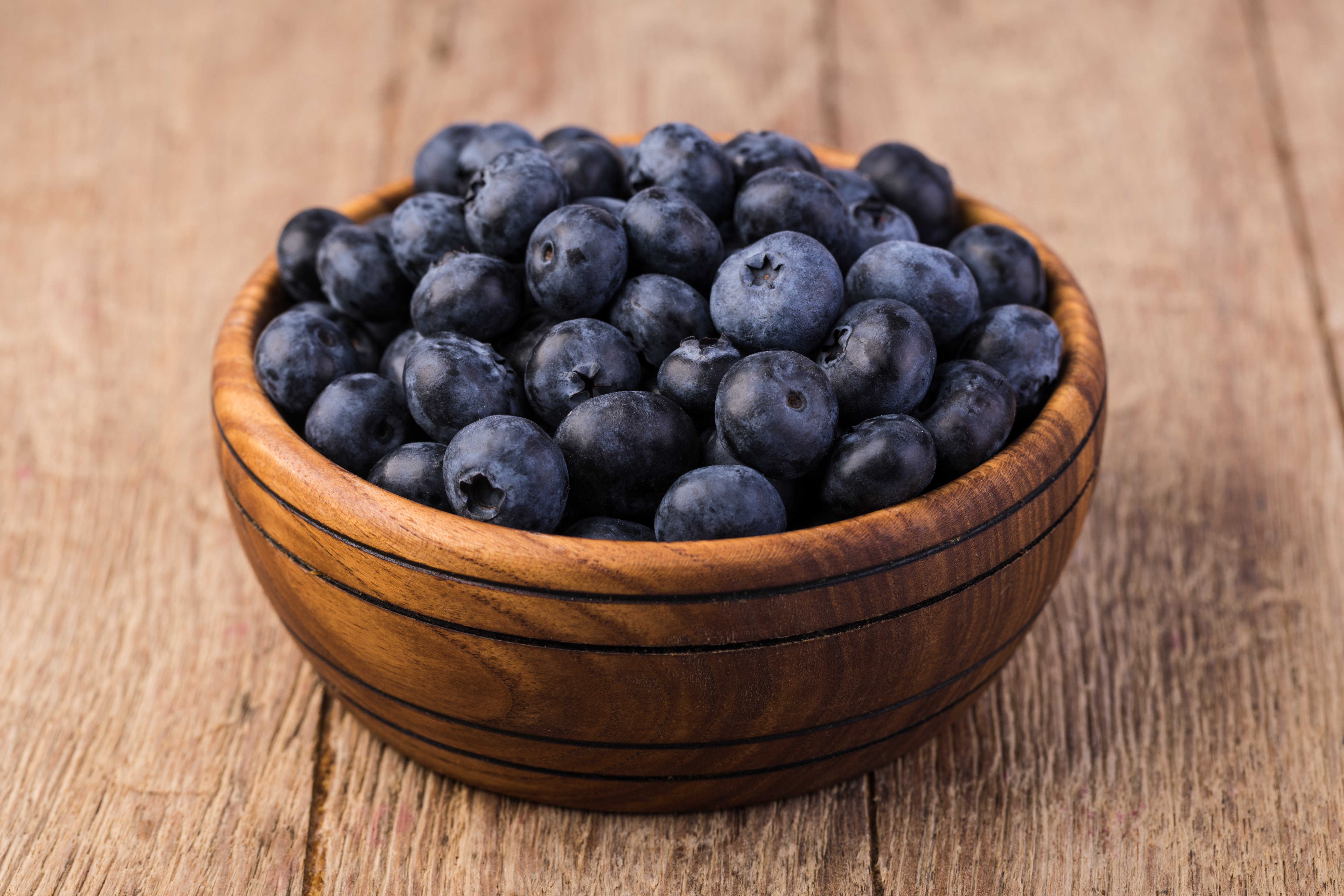
Berries, such as strawberries, blueberries, and raspberries, are packed with antioxidants, vitamins, and fiber, making them an excellent choice for those looking to manage cholesterol. These fruits help reduce the oxidation of LDL cholesterol and improve overall heart health. Berries are incredibly versatile and can be enjoyed fresh, frozen, or dried. Add them to your breakfast cereal, blend them into smoothies, or enjoy them as a snack. Their natural sweetness and vibrant flavors make them a delicious and nutritious addition to any diet.
8. Olive Oil: The Liquid Gold
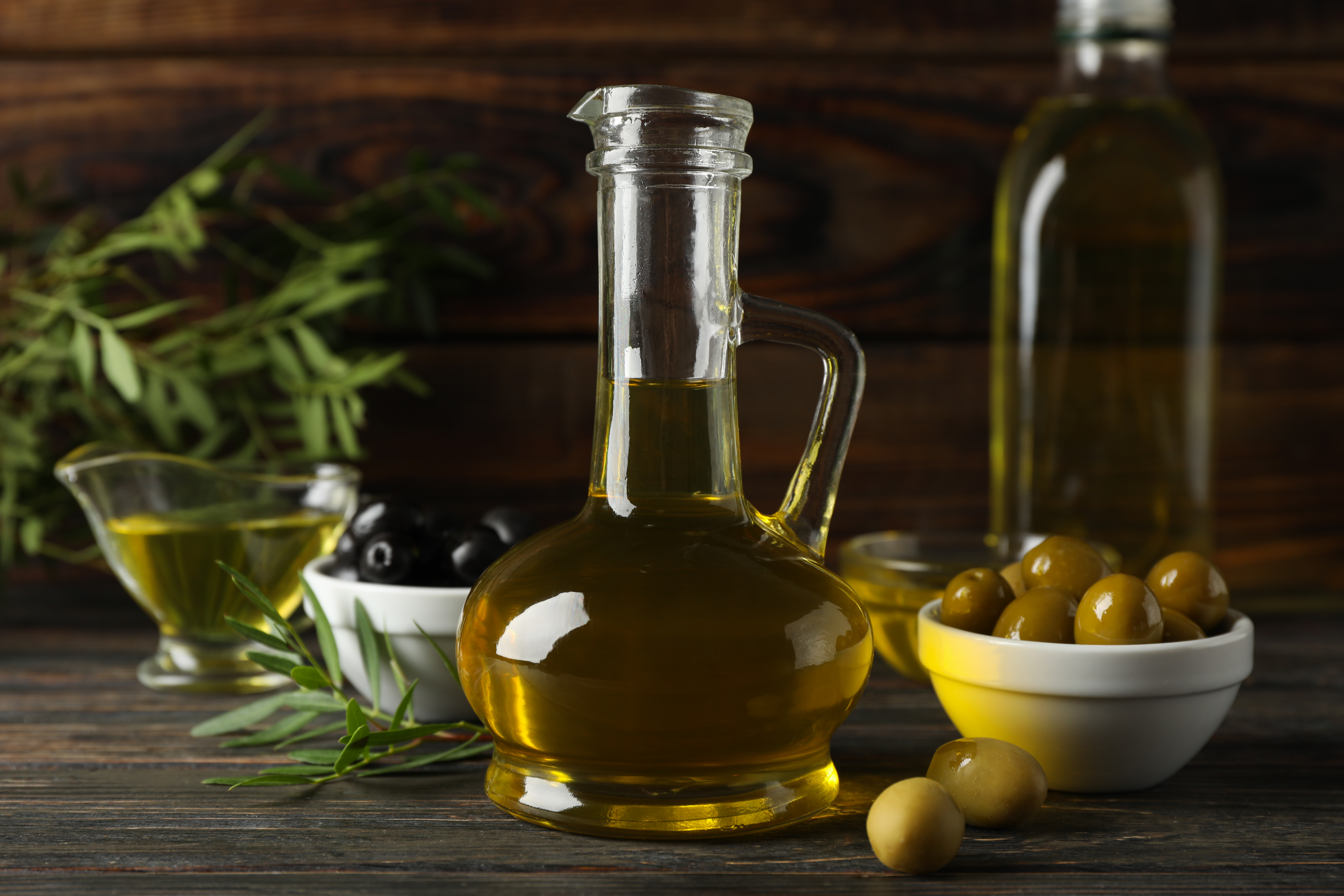
Olive oil is a staple in the Mediterranean diet, renowned for its heart health benefits. Rich in monounsaturated fats and antioxidants, it helps lower bad cholesterol levels while maintaining good cholesterol. Use extra virgin olive oil as a salad dressing, drizzle it over vegetables, or use it in cooking to enhance the flavor of your dishes. Its smooth texture and robust taste can elevate any meal, making it both a healthy and flavorful choice for those managing cholesterol.
9. Whole Grains: The Heart-Healthy Carbs
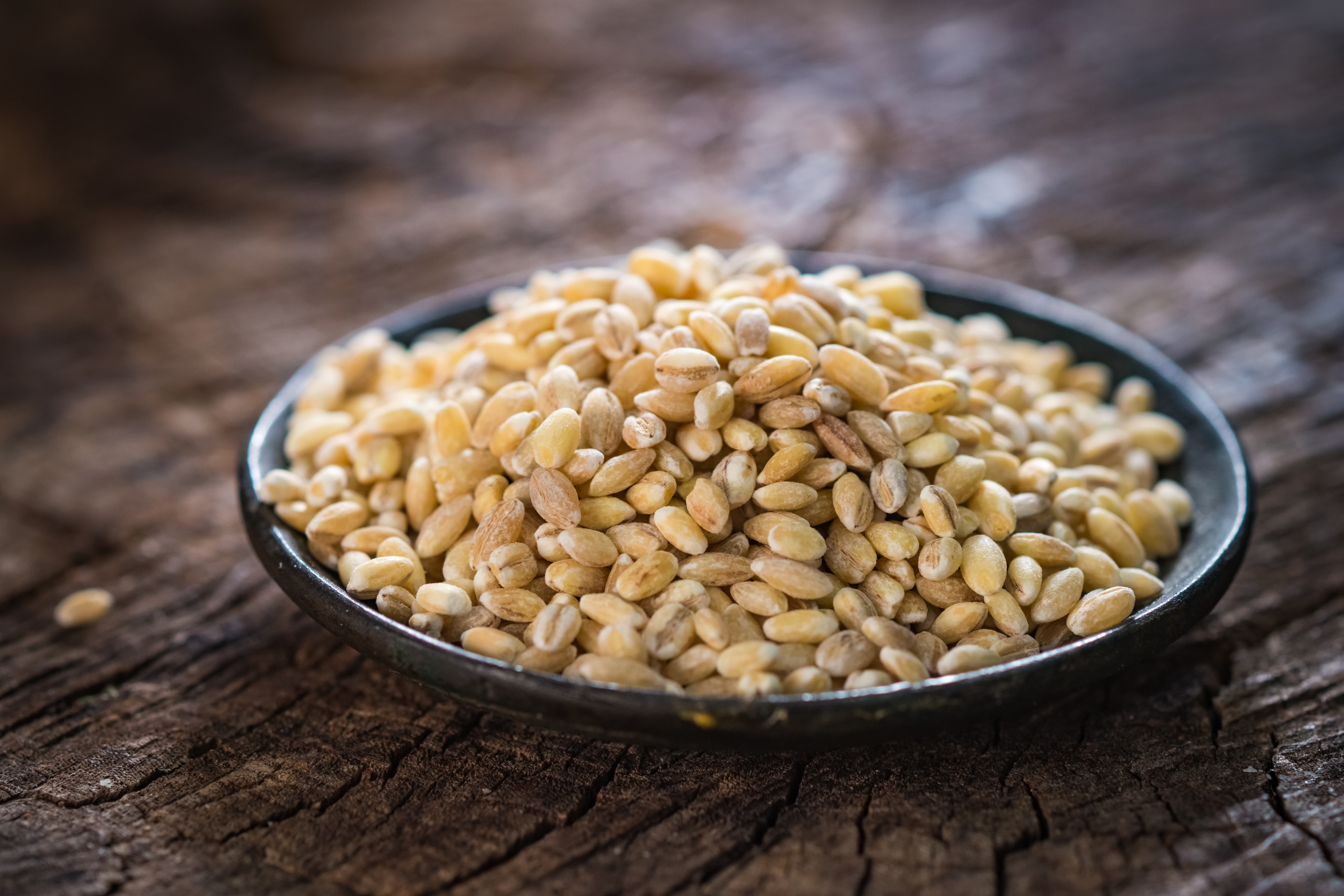
Whole grains, such as quinoa, barley, and brown rice, are excellent sources of fiber, vitamins, and minerals, all of which contribute to heart health. Unlike refined grains, whole grains maintain their nutrient-rich bran and germ, helping to lower cholesterol levels and improve heart health. Incorporate whole grains into your meals by using them as a base for salads, in soups, or as a side dish. Their hearty texture and nutty flavors provide a satisfying and nutritious component to any meal, supporting both your taste buds and heart health.
Flavor Your Way to a Healthier Heart
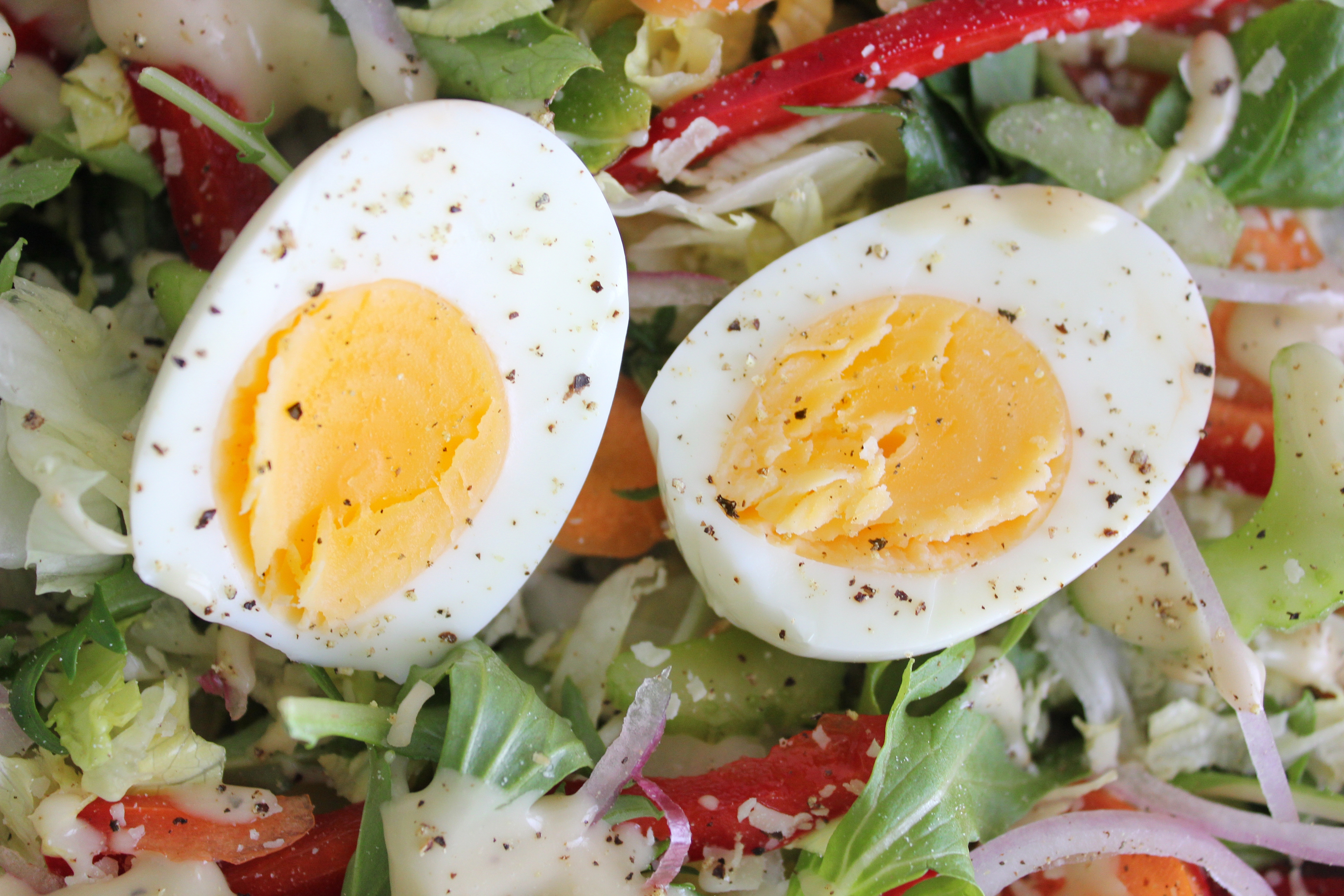
Managing cholesterol isn’t about depriving yourself—it’s about redefining indulgence. The foods we’ve explored prove that heart-healthy eating can be rich, flavorful, and deeply satisfying. From the creamy comfort of avocados to the decadent bite of dark chocolate, these choices nourish your body while protecting your heart. The secret lies in variety and balance—mixing nutrient-dense ingredients, embracing healthy fats, and letting natural flavors shine. Small, consistent changes in your meals can create powerful shifts in your cholesterol profile and overall well-being. So, instead of focusing on what you can’t have, start celebrating what you can—because every delicious, heart-friendly bite is an investment in a stronger, longer, and more vibrant life. Your plate can be your greatest ally—make it colorful, make it nourishing, and most importantly, make it something you truly enjoy.